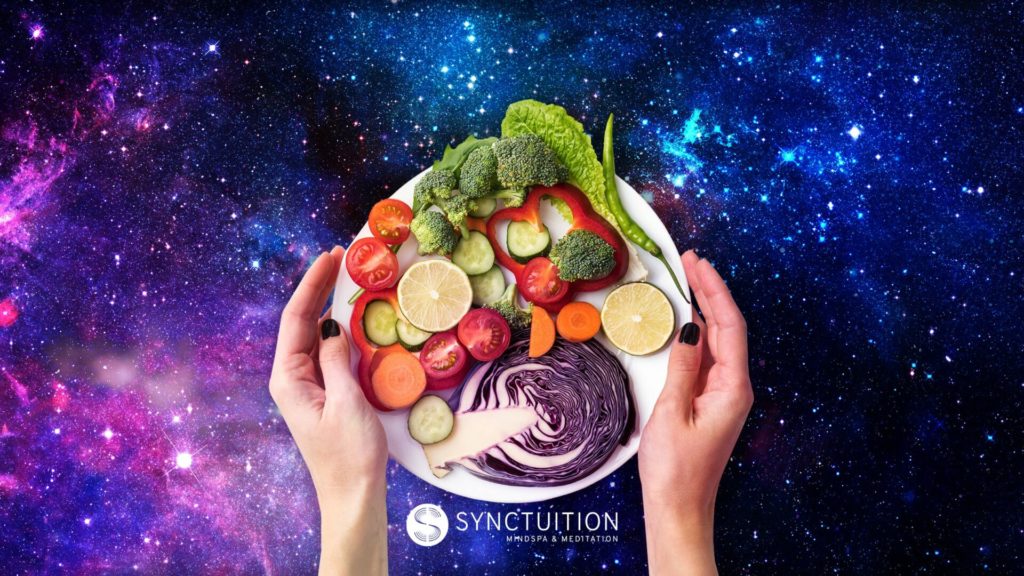
Losing weight is extremely difficult because high-calorie, delicious food is very accessible. Despite best intentions, it’s common to wind up overeating. These setbacks can be frustrating and demoralizing and often lead people to abandon their goals. A new study from the Center for Weight, Eating and Lifestyle Sciences (WELL Center) in Drexel University’s College of Arts and Sciences explored whether practising self-compassion – or treating oneself with the same care and kindness that people typically offer to their loved ones – helps people become more resilient to these overeating setbacks.
Recently published in Appetite, researchers found that when study participants had more self-compassionate responses to their lapse, they reported better mood and self-control over their eating and exercise behaviour in the hours following the lapse. The findings suggest that self-compassion can help people engage in healthier weight loss behavior by helping them become less demoralized by setbacks.
“Many people worry that self-compassion will cause complacency and lead them to settle for inadequacy, but this study is a great example of how self-compassion can help people be more successful in meeting their goals,” said Charlotte Hagerman, PhD, an assistant research professor in the College and lead author. “The road to achieving difficult goals—especially weight loss—is paved with setbacks. Practicing self-compassion helps people cope with self-defeating thoughts and feelings in response to setbacks, so that they are less debilitated by them. In turn, they can more quickly resume pursuing their goals.”
Hagerman and colleagues collected data from a group of 140 participants who were trying to lose weight through a group-based lifestyle modification program. Participants responded to surveys on their smartphones multiple times a day to report whether they had experienced a dietary lapse – eating more than they intended, a food they didn’t intend, or at a time they didn’t intend – and the extent to which they were responding to that lapse with self-compassion. The researchers also asked about participants’ moods and how well they had been able to practice self-control over their eating and exercise behavior since the last survey they responded to.
Hagerman noted that weight loss and maintenance are extremely difficult, and people typically blame themselves for a lack of willpower.
“In reality, we live in a food environment that has set everyone up to fail. Practicing self-compassion rather than self-criticism is a key strategy for fostering resilience during the difficult process of weight loss,” said Hagerman. “The next time you feel the urge to criticize yourself for your eating behavior, instead try speaking to yourself with the kindness that you would speak to a friend or loved one.”
For example, instead of a person saying to his or herself, “You have no willpower,” reframe it to a kinder – and truer – statement: “You’re trying your best in a world that makes it very difficult to lose weight.” Hagerman added that this isn’t letting yourself “off the hook” but giving yourself grace to move forward in a highly challenging process.
The research team hopes this will lead more effective interventions that teach people how to practice self-compassion in the moments that they experience setbacks, such as overeating or weight gain. They also hope to study the best strategies to teach people how to practice true self-compassion, reducing self-blame and criticism, while also holding themselves accountable to their personal standards and goals.
“It can be easy for the message of self-compassion to get muddied, such that people practice total self-forgiveness and dismiss the goals they set for themselves,” said Hagerman. “But we’ve shown that self-compassion and accountability can work together.”




